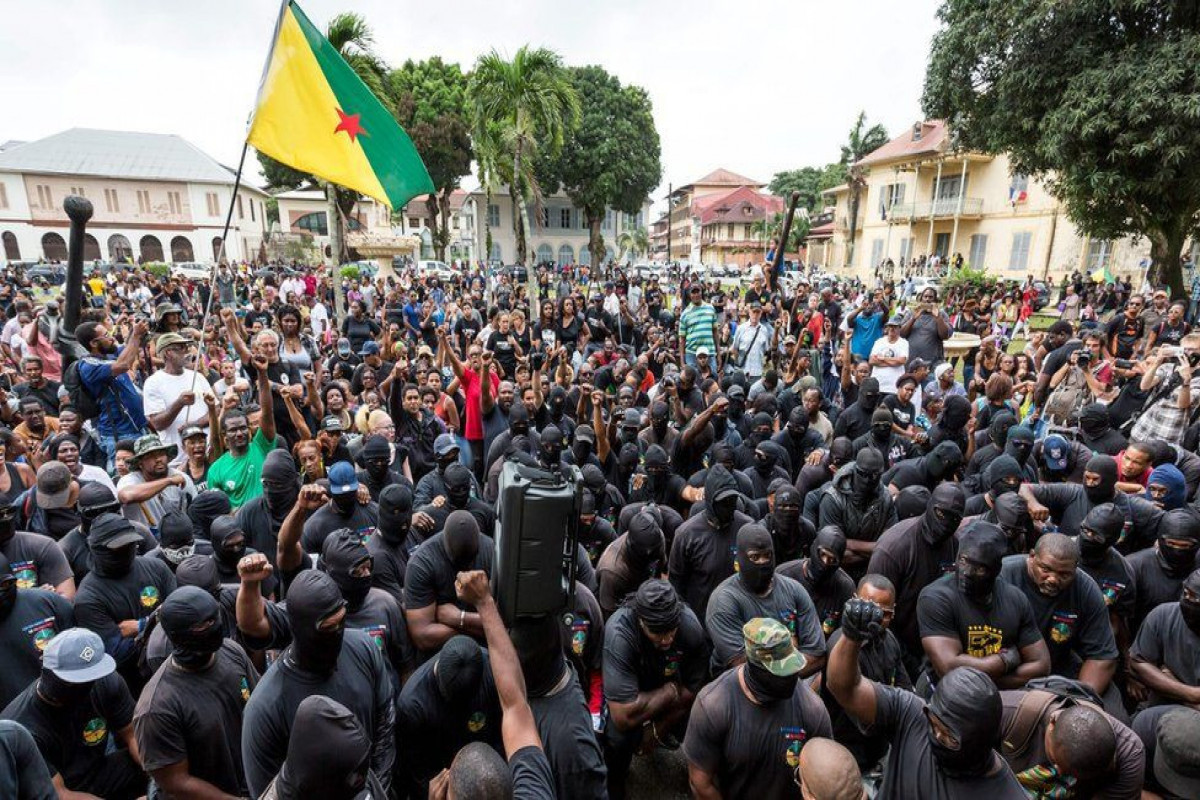The tripartite statement signed by the leaders of Azerbaijan, Armenia, and Russia on November 10, 2020, was a major turning point for the solution of the Garabagh issue. As a result of the signing of the statement, there was hope that the Armenian leadership would understand the futility of the 30-year-long occupation of Azerbaijani territories and take the path of constructive dialogue.
But in the next 3 years, it was clear that official Yerevan did not assess the geopolitical situation correctly which emerged after the Patriotic War for the next time. Again, keeping the issue in a frozen state, the intention to prolong the status quo indefinitely, the preparation plan for revenge, and attempts to stall the diplomatic process of the final solution showed that official Yerevan does not seek peace. The attempts to play diplomatic games with Azerbaijan’s leadership caused anti-terrorist measures and the final fall of the so-called regime.
Thus, the main obstacle to the normalization of relations and the signing of the peace treaty between Azerbaijan and Armenia was eliminated.
Official Baku expected that the Armenian leadership, which recognizes Garabagh as Azerbaijan's territory, would take steps towards a peace treaty and execute the clauses signed in the tripartite statement. The Azerbaijani political leadership was considering the prospects of signing of peace treaty real by the end of 2023. Although the Armenian leadership considers the signing of the peace treaty on international platforms and meetings real, behind the scenes they are trying to disrupt or at least slow down the negotiations.
In this regard, the President of Azerbaijan Ilham Aliyev, who gave an interview to local television channels yesterday, in fact, with his speech yesterday, expressed all the conditions of official Baku for signing a peace treaty with Armenia and in a way drew a "road map" of the normalization process for Armenia.
The head of state expressed the right and concrete position of official Baku for mandatory conditions of the peace treaty with Armenia such as border delimitation and demarcation process, Zangazur corridor, enclave’s problem, etc.
First of all, the head of the state reminded that Armenia did not create an unhindered transport connection between Azerbaijan and Nakhchivan, contrary to the terms of the tripartite agreement dated November 10, 2020.
“People and goods should pass from Azerbaijan to Azerbaijan, as I said, without any inspections. Otherwise, Armenia will remain in an eternal deadlock, and if the route I mentioned is not opened, we are not going to open our border with Armenia anywhere else. So, they will do themselves more harm than good,” the president noted in the interview.
He said that the guarantees of the Armenian leadership regarding the safety of the road to Nakhchivan are not enough, and the control should be carried out by the Russian side as stated in the statement.
The head of state repeatedly emphasized that Azerbaijan recognizes the territorial integrity of Armenia at the highest level and will not open the Zangazur corridor by military force.
But, simultaneously, he said that if he keeps the corridor closed by not carrying out the clause of the tripartite agreement he signed, Azerbaijan will also keep the transport arteries that will open Armenia to the world closed. Considering that Türkiye, Azerbaijan's strategic partner, directly connects the process of border opening with Azerbaijan-Armenia normalization, Armenia will remain isolated in the region, as the President said in his last speech, and will remain in the role of an eternal deadlock.
The president has also commented on the “crossroads of peace” project put forward by Armenia in the context of the Zangazur Corridor. The head of the country called it a PR campaign.
“This is nothing more than a PR campaign. First of all, they must provide an unimpeded passage in the area between Zangilan and Ordubad. It is their obligation.”
The head of state has also responded to the Armenian side’s proposal to delimit and demarcate the borders according to the maps of 1975. He stated that Armenia takes the maps where it acquires more Azerbaijani lands as the basis. The head of state said that the delimitation and demarcation process should either be based on a political methodology or a chronological methodology, or the work should not be based on any map at all.
“If we refer to the political foundations, then we should take either the period of the establishment of the Azerbaijan People’s Republic or the period of Sovietization as a point of reference. It is a political methodology. If we prefer the chronological methodology, then let's see what maps were like at the beginning of the 20th century and build our work on these maps.”
Official Baku considers it important that the exact methodology of the delimitation process must be approved and carried out accordingly.
President clarified the issue regarding the 8 villages of Azerbaijan under temporary control of Armenia as well. He stated that the 4 non-enclave villages should be returned to Azerbaijan without any preconditions, and noted the importance of establishing a separate expert group regarding the other 4 villages.
“We believe that all enclaves should be returned. The roads leading to these enclaves should have the necessary conditions and the people living there should be accommodated in these enclaves,” the head of state said.
Additionally, official Baku is in favor of signing the peace agreement without the delimitation process. “If we wait for the delimitation and delay the peace agreement, then the peace agreement may not be signed even after 30 years,” President Ilham Aliyev noted.
If the political authorities of Armenia correctly analyze the conditions voiced by President Ilham Aliyev for the signing of the peace agreement, the signing of the peace agreement and the establishment of peace in the South Caucasus will take several months.
The peace can only be signed based on the conditions put forward by the winning side – Azerbaijan, and as the head of the country stated, these conditions are very fair.
Currently, the only rational step that Nikol Pashinyan’s government can take is to sign a peace agreement according to the 5 base principles presented by Azerbaijan, open the Zangazur Corridor, liberate the 8 Azerbaijani villages it keeps under occupation, and start the border delimitation process.
Delaying these steps, and holding back the signing of the peace agreement is primarily a harm to Armenia itself. At the least, the final of the Garabagh issue, which has been going on for more than 30 years, gives reason to say this with certainty.
And Azerbaijan always has a plan B for any issue.


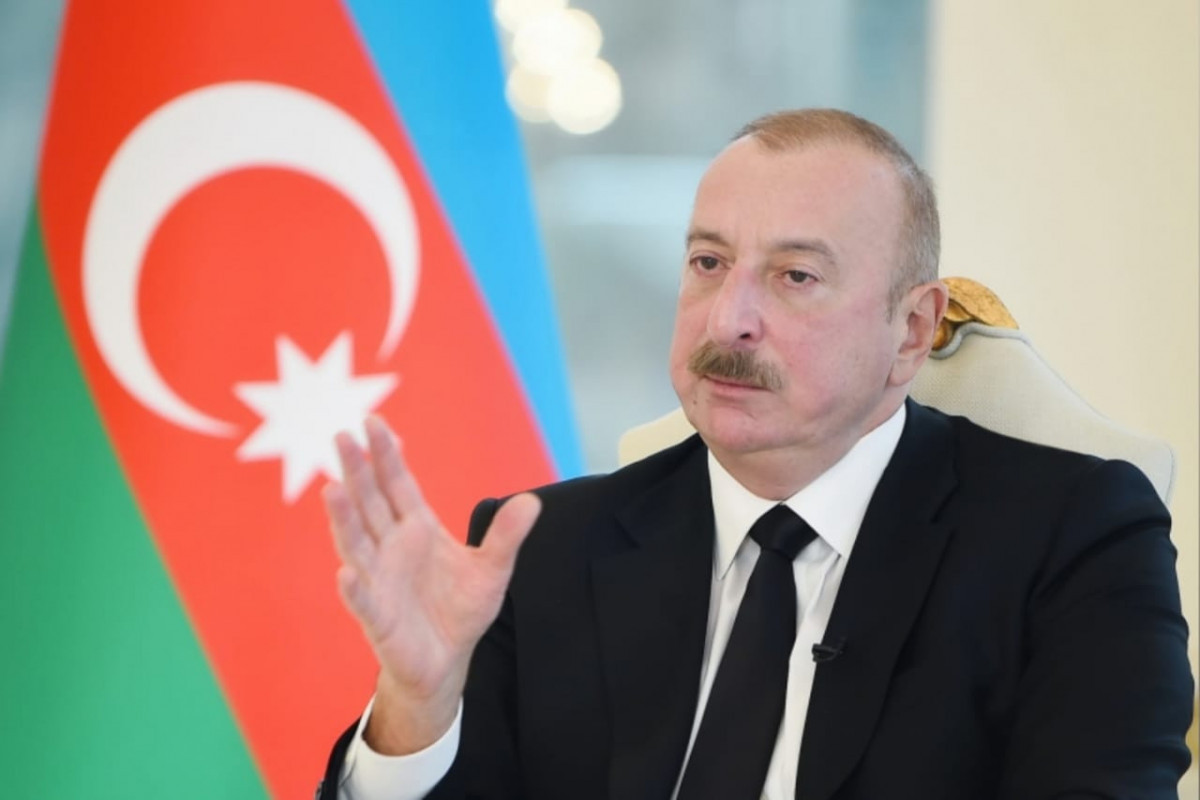
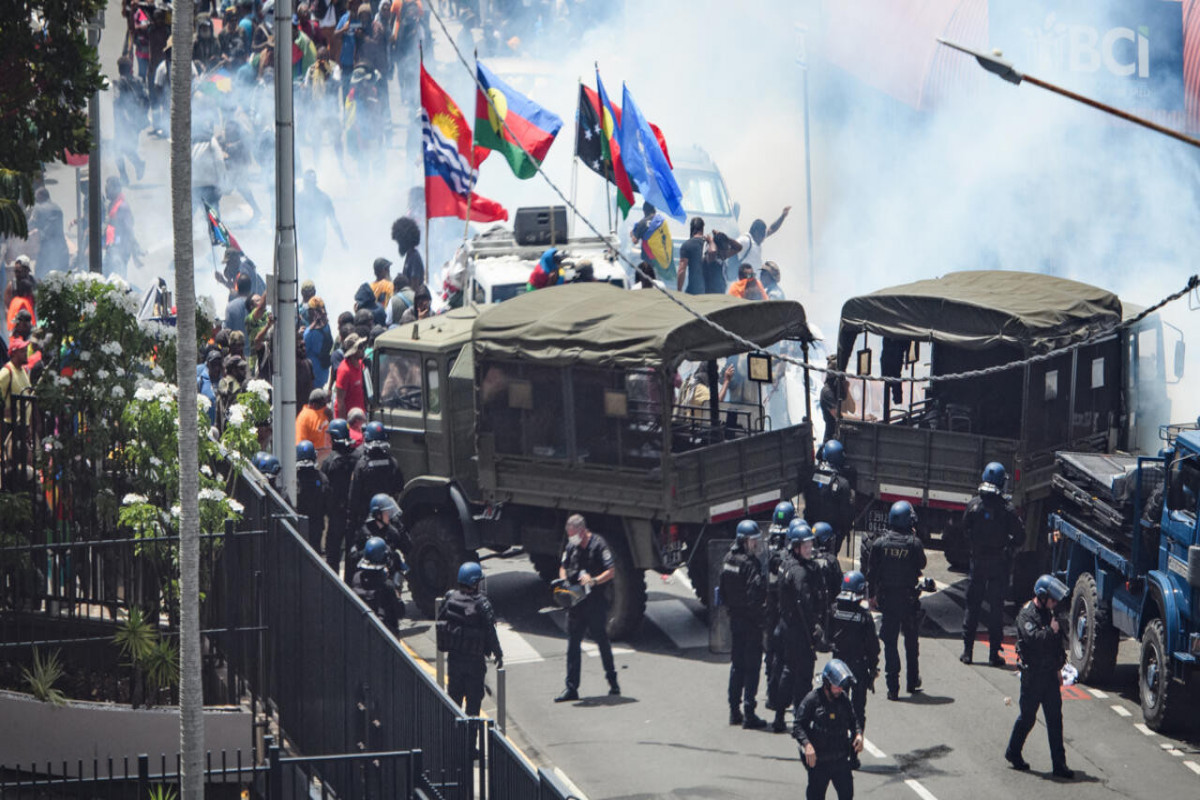 ANALYSIS'>
ANALYSIS'>
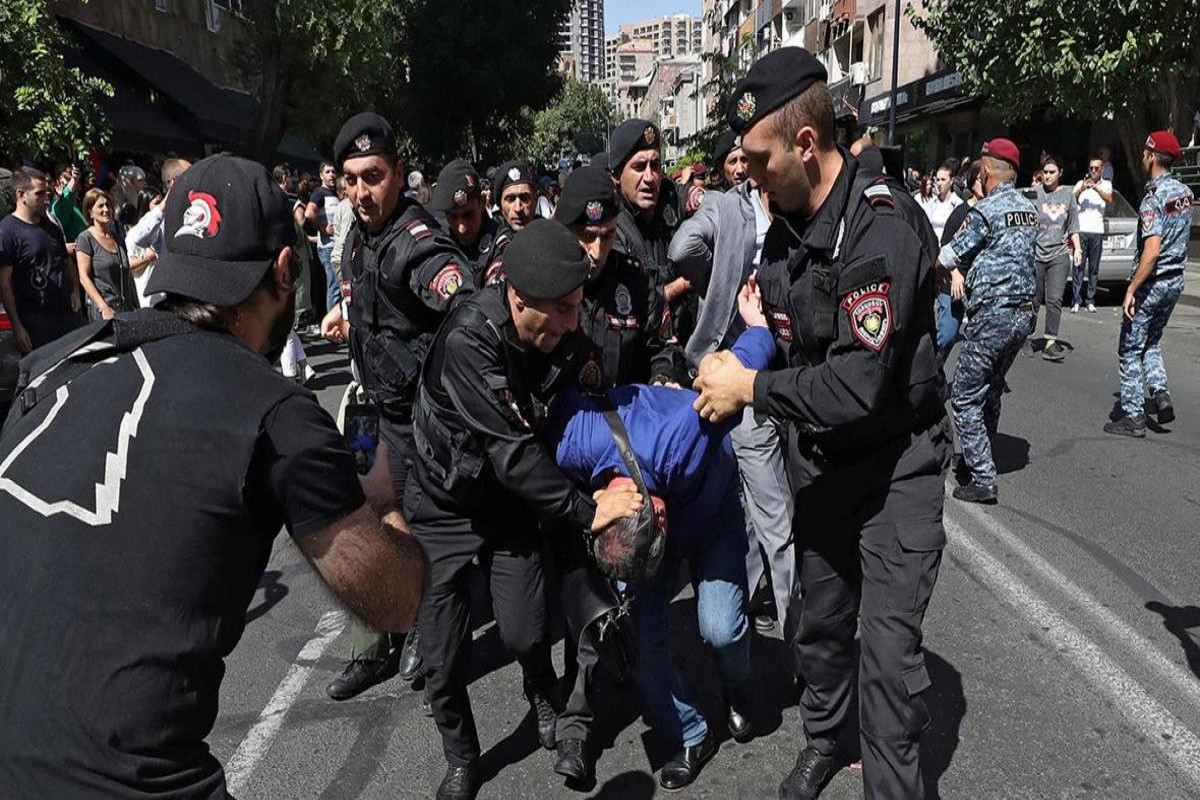
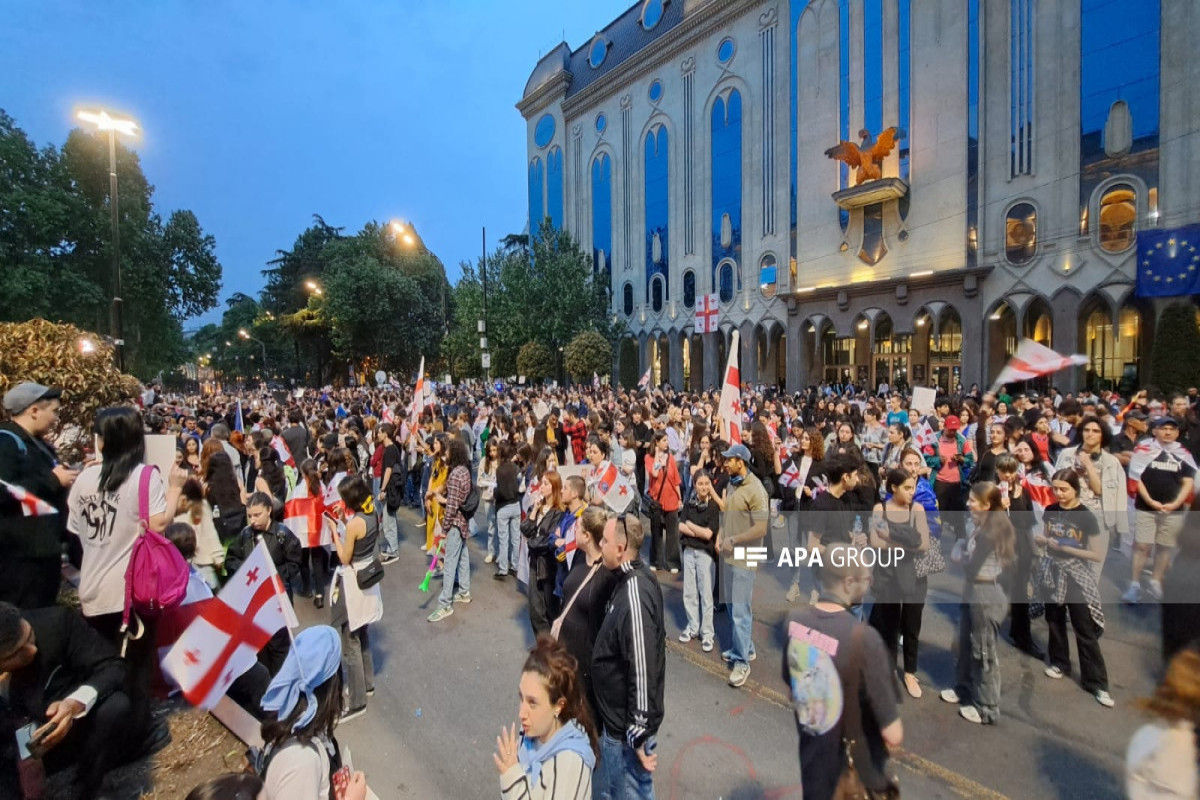 ANALYTICS'>
ANALYTICS'>
